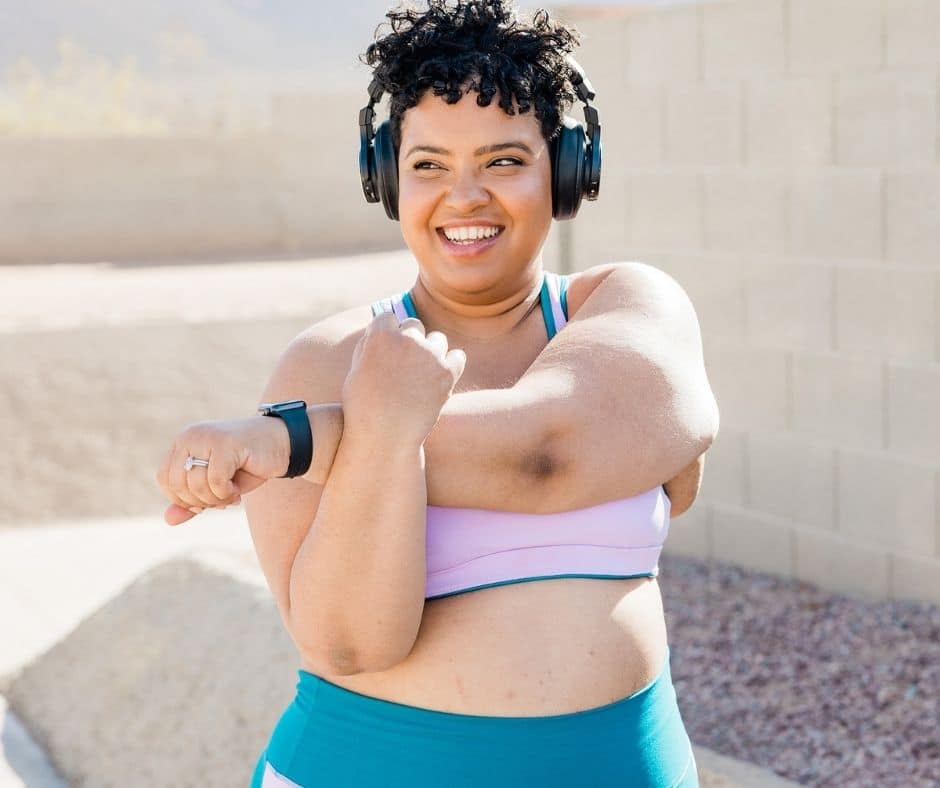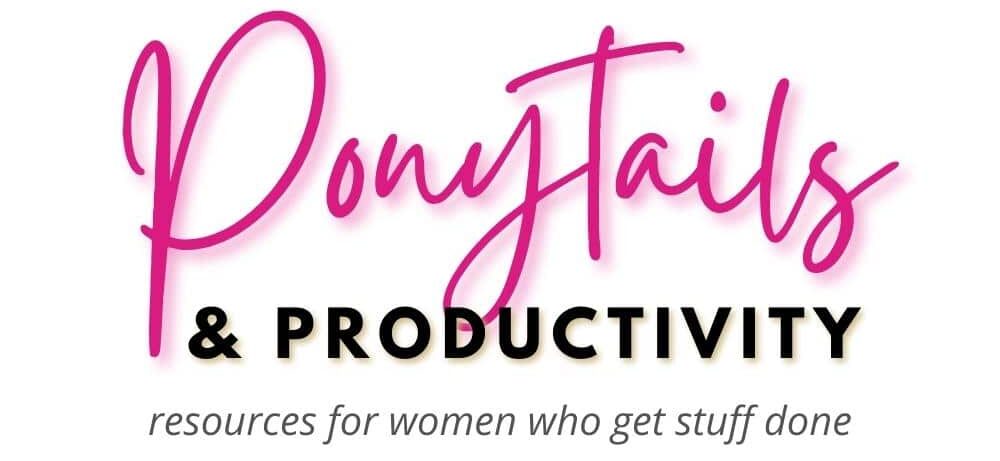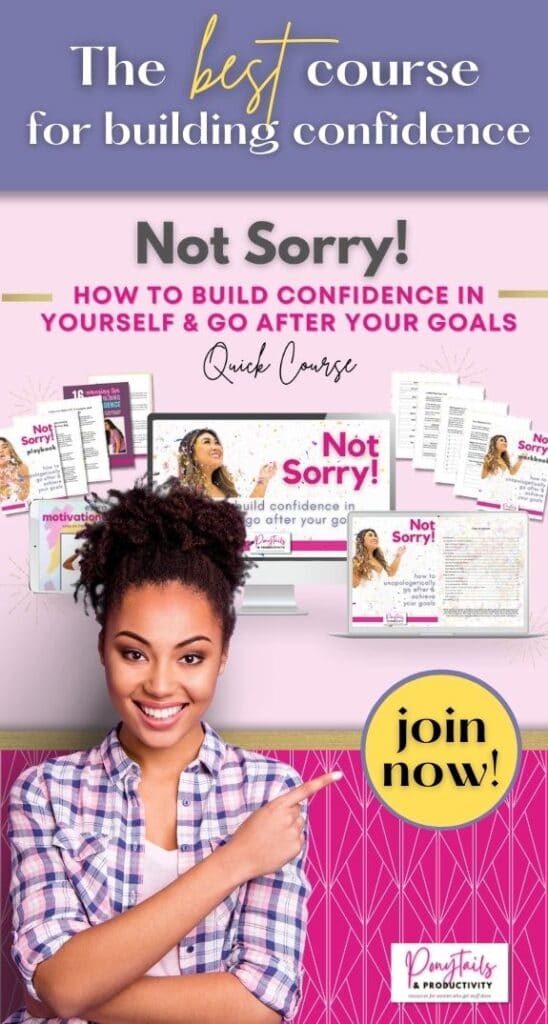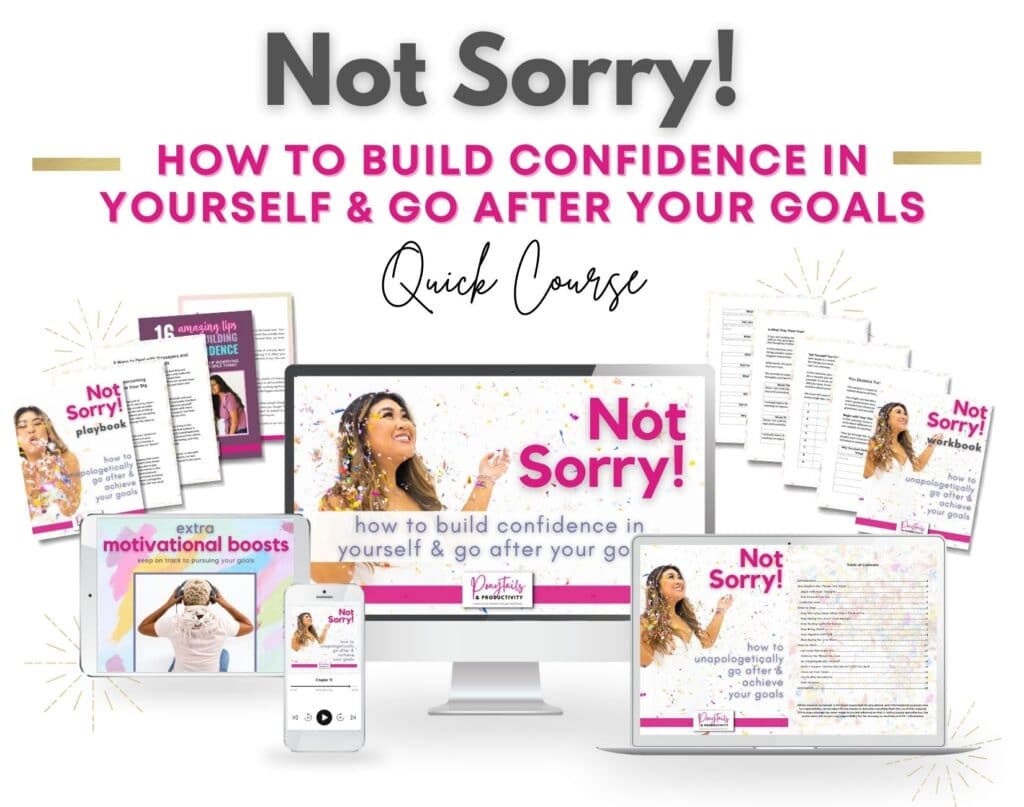How to Be Brave and Get Out of Your Comfort Zone
You’ve probably heard, or read, that the key to personal growth is to get out of your comfort zone.
It is, hands down, far easier said than done. But it’s true.
While your comfort zone – the span of places, experiences, and actions that you feel comfortable participating in – keeps you safe, it also keeps you down.
The truth is, the boundaries of your comfort zone are dictated by the limitations of your past experiences, your anxieties, and your self-imposed limiting beliefs. It’s not a place you can stay in forever.
So, how do you do that? In this blog post we will discuss how to be brave and break out of your comfort zone.
[cboxarea id=”cbox-mw0hWwSNUdDWaVYZ”]
How to Be Brave and Get Out of Your Comfort Zone
Getting out of your comfort zone is its own reward.
“The best things in life are on the other side of terror”
That’s a direct quote from Will Smith, talking about his first skydiving experience.
He spent the entire night before his skydiving experience absolutely terrified.
The whole day of, terrified.
He remained terrified, his stomach in knots, up until the exact moment someone pushed him out of a plane at 14,000 feet.
Then… bliss.
A transformative experience.
And he realized that, up until the moment his feet left the plane, there was no reason to be afraid. Until he jumped, he was safe. After he left the plane, that’s when he should have been scared, but… he wasn’t.
The sensation of weightlessness, of flying, was so amazing it blocked out any fear he could have felt.
He realized that not only did the fear not serve him on any way, it almost held him back from what turned out to be a life-affirming experience.
The things you want out of your life? Your wildest dreams, your biggest goals? Those things all lie outside of your comfort zone. Does that mean they’re unattainable?
Not. At. All.
It means you get used to pushing back on your own boundaries. It means you have to be okay with reaching past the lines you’ve drawn yourself.
You don’t have to go skydiving to do this (unless you want to)!
You just have to start getting comfortable with being uncomfortable.
Baby Steps to Getting Out of Your Comfort Zone
Luckily, you don’t have to immediately jump into the deep end of the pool if you can’t swim.
There are many small changes you can make in your daily life to expand your horizons. Try something like…

Do something new every day
Try to encourage yourself to try something every day that you haven’t done before.
It doesn’t have to be a big change – most days, it won’t be.
Take a different route home, eat lunch somewhere you’ve never been. Try a new food or read a book outside of your usual genre.
Small changes done consistently will open your mind to new opportunities, new viewpoints, and new mindsets that will broaden your range of experiences considerably.
Use a daily habit tracker like this one to keep track of your progress.
Say Yes to New Opportunities
Set yourself a challenge – that for one week, you’ll be brave and say yes to every opportunity that crosses your path. A new training opens up for work?
You’re invited to an event that you normally wouldn’t attend?
Try out the power of accepting opportunities when they arise, and see where they lead you.
Not everything will be a win – many won’t.
But if you’ve learned something new, tried something new, or gotten your work in front of people you otherwise wouldn’t have, it’s definitely not a waste of time.
Shonda Rhimes – the creator of Grey’s Anatomy and Scandal – took this challenge to a whole new level by saying yes to everything she could for a year. She explains this in her book Year of Yes: How to Dance It Out, Stand in the Sun and Be Your Own Person – its definitely a book I recommend. I felt very inspired to say yes after reading it!
Change the Way You Move
If you’re normally a gym-goer, be brave and try running outside for a change.
If you avoid the weight room like the plague, maybe head in there next time and see what’s what.
Try signing up for a class you normally wouldn’t consider for yourself, like yoga or spin.
If you’re normally a solitary exerciser, maybe checking out a casual team in a sport you’re curious about.
And especially if you don’t have a fitness routine, now is a great time to start.

It’s an excellent way to break free of the confines of your comfort zone – the biggest reason most people don’t go to the gym is that they’re too self-conscious.
But the biggest realization that gym goers say they had once they started going?
No one is looking at you. They’re focused on their own actions.
Even if you don’t have gym access, working out at home is super easy with some basic equipment, like hand weights.
Be kind to your body.
Take Yourself On A Date
Heading out by yourself to an activity that most people do in groups can be especially rewarding.
See a great movie, have dinner at a lovely restaurant, or go to a museum or gallery and treat yourself the way you’d like to be treated on a date.
Feel weird going alone?
It’s just like the gym – chances are, no one will even notice.
In fact, next time you go out, make a conscious effort to notice people who are by themselves.
It’s more common than you think. Check this out.
Analyze Your Comfort Zone
Your comfort zone is unique to you. It’s built on your past experiences and your self-limiting beliefs.
The next time the thought, “Oh, I couldn’t do that” crosses your mind, ask yourself why not?
Are you truly physically unable? Or is that just something you tell yourself?
At some points, your comfort zone protects you. But more often, it just holds you back when there’s no real danger. Push the fear aside and be brave.
Did someone tell you you couldn’t sing, and now you just don’t? Have you suppressed a part of your personality because you were made fun of for it in high school?

Wherever your current comfort zone boundaries come from, it’s unique to you and just as personal, but that doesn’t mean it is serving you in a healthy way.
Spend some time in self-reflection and see if you can trace some of your limiting beliefs back to their source. Knowing where they come from will help you to overcome them for good.
Check out this post that deals with Imposter Syndrome titled: How to Shut Up The Voice That Tells You You’re Not Good Enough.
What Would You Do If…?
What would you do if you knew you could not fail? That one question can be incredibly powerful.
Imagine you were given a magic potion that would last for five years. Anything you attempted in that time, you would succeed at.
Would you start a business? Write a book? Audition for movies? Get your PhD?
Whatever comes to mind for you… those are the things you want. Those are the things that your fear of failure is keeping from you.
Yes, failure is still a real thing in the world for people who chose to chase their dreams. But, here’s the kicker…
It’s not the end point.
Failure isn’t the period at the end of the sentence. Unless that’s where you choose to give up.
So many people don’t start going for their goals because they’re afraid of failing. They think that failing means they somehow can’t or won’t achieve what they want.
When in reality, failure is how you achieve what you want. It’s how you learn to be better, over and over again, until you make it.
That could be an entire post on it’s own.
For now, ask yourself: What would you do if your fear wasn’t holding you back? What would you do if you knew you could not fail?
Get Used To Growth
As circular as it sounds, the best way to consistently be brave and get out of your comfort zone is to make breaking out of your comfort zone into a part of your comfort zone.
If you’re consistently achieving growth, growth becomes a normal thing to reach for and achieve. I often say that small goals keep you winning, because consistently hitting targets increases your self-confidence and helps establish a your self-image as that of someone who always achieves what their set their mind to.
Especially if you’re new to goal setting, a lot of the battle is changing your self-image and your beliefs in your own abilities.

Consistent, small wins – celebrated just like big wins are – get you into a victory mindset that in itself helps set you up for your next success.
Fake It ‘Til You Make It
I really hate public speaking.
When I was in college, I had an assignment that was just to give a speech to the class – on any topic, as long as it was something we could speak clearly on for 15 minutes.
I wish I could say I overcame my fear and killed it, but I very much didn’t.
My knees were literally shaking from the anxiety.
I remember being hyper-fixated on the fact that I’d worn a dress that day, because the whole class could actually see that my legs were trembling like a cartoon character’s.
I stumbled over my words, couldn’t meet the audience in the eye, and had to be told twice to speak up.
Worse still, I forgot what I was going to say and I almost bolted when my mind went blank.
It was a disaster.
Everyone was kind, of course, and I got a good enough grade, but the fear that I felt that day stayed with me.
I didn’t want to feel that way ever again.
My only goal had been to overcome that anxiety, and instead that anxiety – unfounded, because there were NO stakes – overwhelmed me.
The next time I had to do a presentation, I was in college, and the stakes were higher.
The topic was decidedly an academic one, and the professor was a world-renowned expert on the author whose work I would be talking about.
It was a huge yikes moment.
The whole time I was preparing, all I could think about was how bad my college presentation had gone, and how humiliated I would feel if that happened again. I was, literally, fearing the fear itself.
It occurred to me suddenly that no matter what I was feeling, I had a clean slate.
This was a different class in a different school.
No one who would see my presentation had any idea about my last presentation.
No one knew I wasn’t confident in my speaking skills, and – this was the key – if I faked the confidence to get up there, no one would know it wasn’t real.
It was literally “fake it til you make it”, and it actually, honest-to-goodness worked.
I’m still proud of how that presentation went.
I pulled some knowledge into it from other classes, that hadn’t been covered in this class, and was able to teach something new to my peers.
I answered questions on the topic like a pro. In the end I got a perfect grade, and my prof was impressed.
It was a small win, but it felt huge.
The next time you’re faced with self-doubt and anxiety, take a moment to breathe.
Remind yourself that most of what you’re afraid of is fear itself, and that no one sees that fear unless you decide to show it.
Make the decision to fake the confidence that you need in that moment.
Commit to it like an actor commits to a role.
Faking it until you make it can quite literally help you make it after all.
Show Yourself
This last tip I have for you may be the hardest – but most rewarding – one yet.
Simply, look for opportunities to share yourself with people.
Be honest when a friend asks how you’re doing. Keep an eye out for situations where you can be of help to someone. Let other people see your vulnerabilities.
So many of us keep the best parts of ourselves locked away due to insecurities, shyness, or past bullying. We can be so hesitant to be brave and open up, even to friends.

But when you share yourself with others, you open the door to being known and understood, to finding your people, forming closer relationships, and being 100% authentically you.
When that happens, you see the world in a whole new light.
How to Be Brave and Get Out of Your Comfort Zone
If you are looking for some more ways to be brave and get out of your comfort zone, check out these posts:
- How to Build Self Discipline (the lazy girl’s guide)
- How (and Why) to Write a Dream Life Manifesto
- Shut Up The Voice That Tells You You’re Not Good Enough
- 11 Affirmations for Confidence to Help You Believe in Yourself
and our quick course on confidence!
Save this post on Pinterest:











